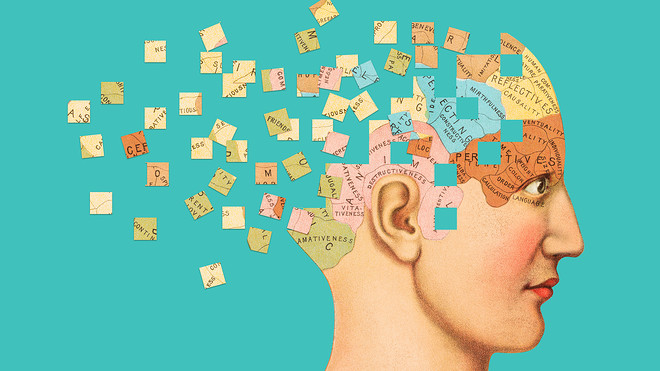The world is a crazy place. And it’s turning crazier day after day. Not a day goes by when you don’t wake up to disturbing or some horrifying news. How are you supposed to keep your brain in check in times like these?
To start off – acknowledge the fact that your mental health is something that needs to be checked up on. Don’t ignore it, don’t banish it by creating distractions. Take a moment, breathe and realize that it is immensely important for you to take a step back and relax every once in a while.
Now that we have recognized that there is a need for taking care of your mental health, let’s dive right into how we can tackle it. The one factor that stands out for the 21st century as a whole is technological advancement, Tapping along those lines, Artificial Intelligence, unquestioningly is the smartest innovation in the tech sphere which can be a forefront tool to tackle problems of mental illness.
Let’s see how it can lend an additional hand to help people live happier and better lives.
Diagnosis – Vocal Analytics and Linguistic Cues
Mental health problems need to be effectively diagnosed in order to create any scope for improvement for that specific person. The thing with mental health issues is that each one is unique based on their experiences and emotions but there is a similarity in the symptoms that surface. This is where AI comes into picture – AI offers technological advancements in terms of vocal analytics and linguistic cues which will help in assisting a diagnosis of the issue at hand.
Currently, there are various tests conducted in order to determine which path the psychiatrist should take to come to a final diagnosis. With the help of AI, simulations are in work which will help in tracking behavioral patterns and thought process of the patient. A strong tool to analyse this is to focus on voice changes and a pattern of linguistic cues. Researchers say this will be a faster way to reach the point to which one can commence their treatment.
Monitor – Intelligent Chatbots
One significant impact of technology on the mental health sector has been through apps that cater to mental illness specifically. Although apps are not sufficient to determine the root cause of the problem, they can act as complementary tools to the psychiatrists. These data aided AI apps are a good method to monitor or check in for people with anxiety and panic attacks to help them keep calm and interact with chatbots (the best part – there is no need to take any appointment!).
This can thereby help in meaningful management of disorders and in extreme cases, be fed with information to redirect to an actual human psychiatrist. This is already in the kicks and is developing a huge popularity among young adults. Chatbots and apps are also a plus when it comes to keeping your anonymity intact.
Treatment – Virtual Therapy
We have successfully transitioned into a digital world, more so since the pandemic hit us with all its force. Staying confined within our homes has had adverse effects on our mental health, but it only makes sense to tackle this also from the confinements of our homes (I mean, this is what we are calling the ‘new normal’, right?).
A trend that has been on the rise in the last 3-4 months is virtual therapy. This allows people to seek a session through a video call without having to travel at all. A software is in talks where during the call, expressions, voice modulation etc. which can be later analysed by the therapist to see progress. This method also solves problems of access to care and cost saving.
There are several benefits as well as limitations that need to be accounted for if AI is in the plans of being a sustainable solution in the mental health sector. It’s an uphill challenge that needs and should be taken in stride factoring in all the pro and cons that come with it.
But one thing is for sure, AI and technology will tremendously increase the number of people who can access tools to help with mental health issues. They can forego the stigma that comes with it, the barriers of urban and rural areas can be broken, the confidence in anonymity can be increased and all in all, mental health issues can be tackled at a larger scale than before.
Also Read:
Can Job Toxicity Entrap You And Your Mental Health? Here Are 4 Signs To Look Out For!
Putting on A Happy Face | Mental Health Awareness Month
If you haven’t yet – Subscribe NOW to get the latest trends of tech and lifestyle
























